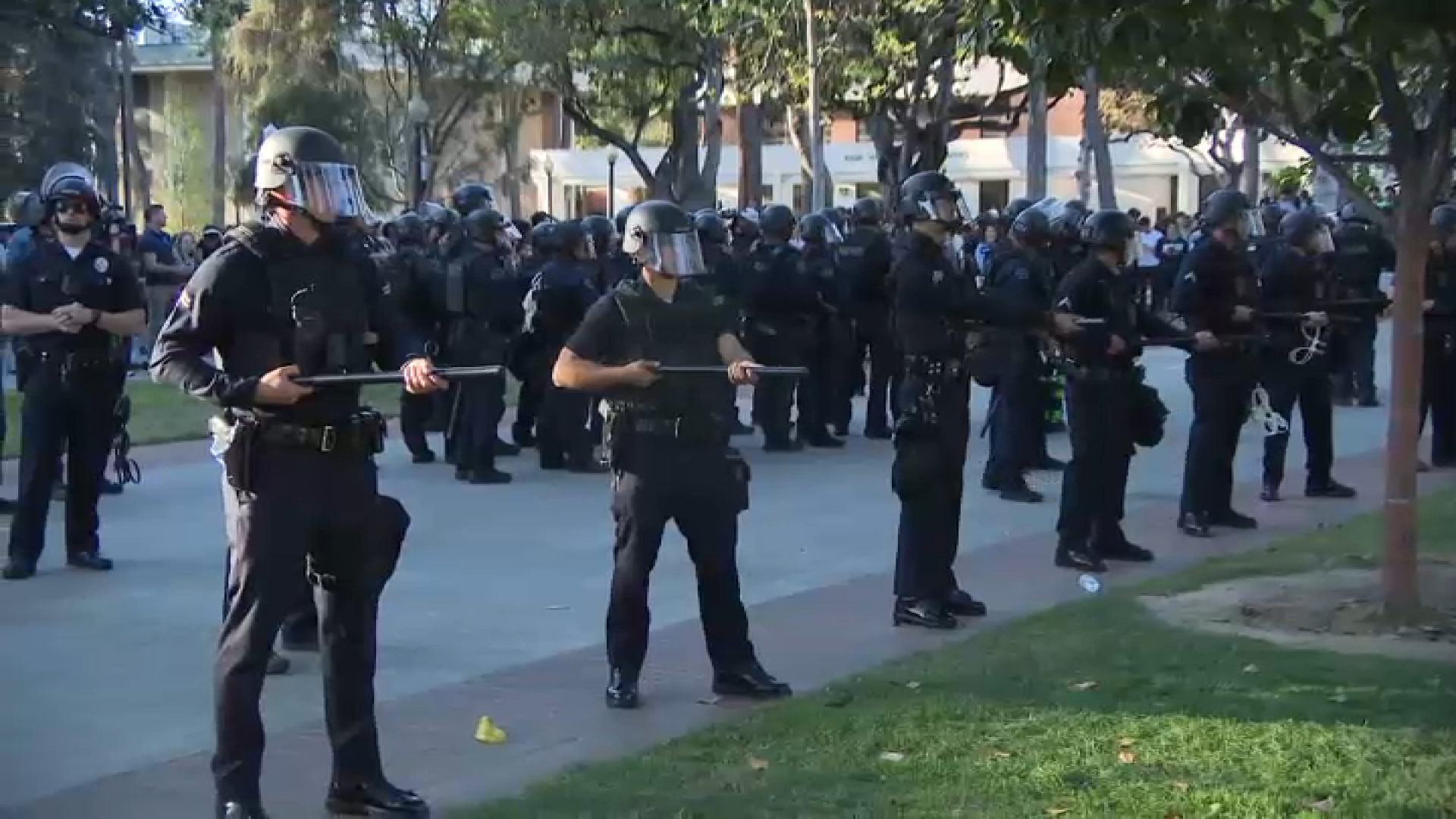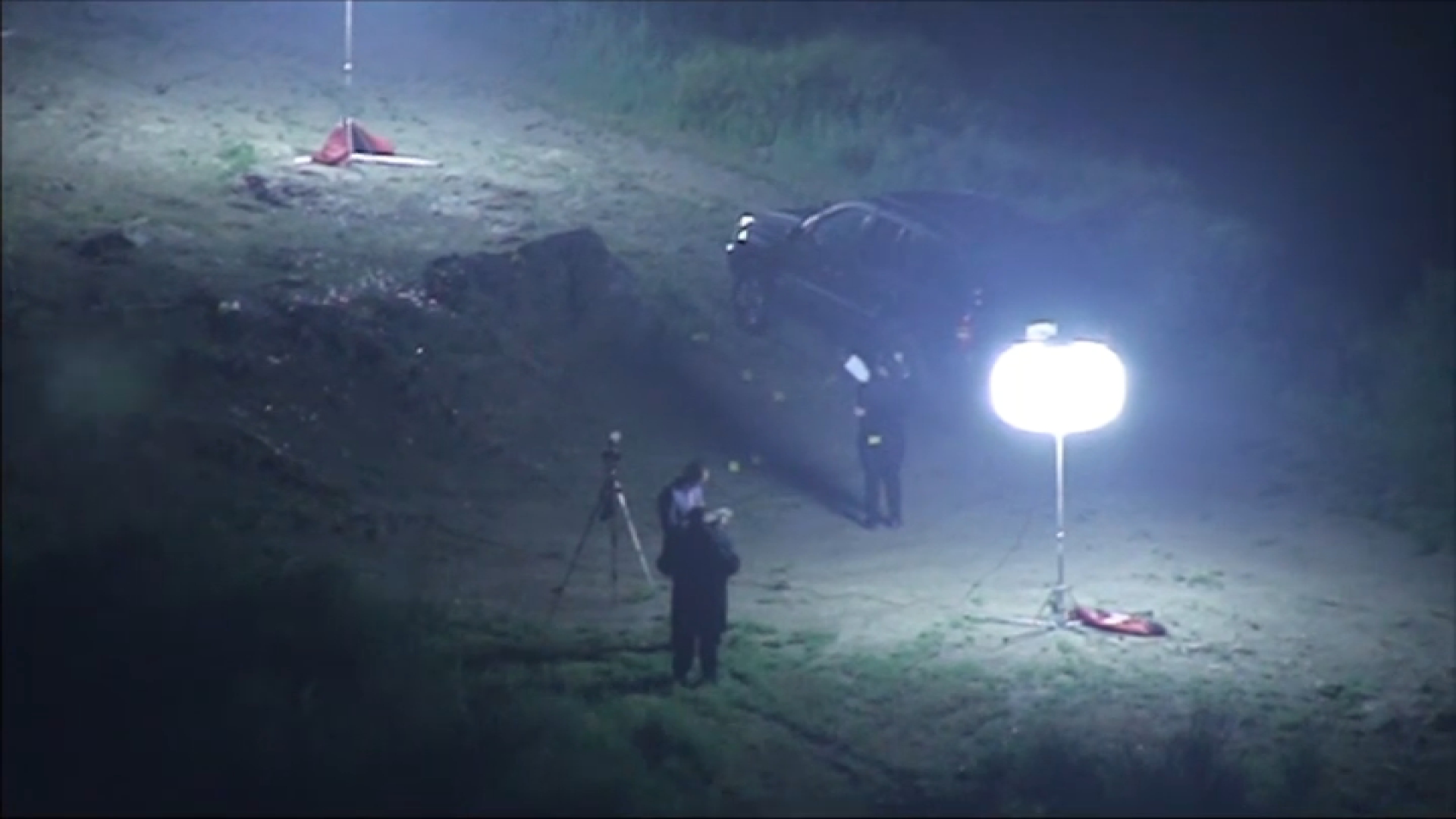Substance abuse -- a growing epidemic among teens -- has been dubbed America's No. 1 public health problem by a recent study, leaving some parents wondering how to help their children.
"Teens users are at significantly high risk of developing an addictive disorder, and the physical toll is bigger on their developing system," according to NBC4's Dr. Bruce Hensel.
Mauricio, 16, has been living and going to school at the Phoenix House residential treatment center for kids for four months.
"I've been using drugs and alcohol ever since I was 12. From there, go on and off. This time it was worse cause I got arrested," he said.
Police officers found him drunk on the street and brought him home to his grandmother, Rafaela Moore, who raised him from birth.
"I told him straight out, 'don't do this to me because I love you so much. If something bad happened to you on the street, I'd die,' because I love him so much," Moore said.
Mauricio's story is not a rare one. A Columbia University study found that one in eight high school students in America has a substance abuse problem.
Local
Get Los Angeles's latest local news on crime, entertainment, weather, schools, COVID, cost of living and more. Here's your go-to source for today's LA news.
Jonathan Whitfield, the Medical Director at the Phoenix House Academy, said there are a number of reasons for this rise.
"It's getting harder and harder to be a kid, and whether it's peer pressure, or stress of life, I see a lot of kids who start using drugs to self-medicate. They medicate their own anxieties, their own depression," Whitfield said.
Once they start abusing the substances, their brains become more susceptible to their effects, said Dr. David Sack, of Promises Treatment Centers.
"The synaptic connections in the brain continue to develop until about age 20. So that's when teenagers start to use drugs chronically. They're affecting nerve development in the brain, and that has long-term consequences," Sack said.
Mauricio came to Phoenix House, because he didn't want to be put into foster care. He attends individual and group therapy sessions and learns to face up to the reasons for his addiction.
"People would ask me why I would do it and I would just say it makes me feel good, but it was because I didn't want to deal with the problems that I have," he said.
He has found a new calling by working in the kitchen.
Regina Logan, the Food Services Manager, said she has high hopes for Trasviene.
"I've watched him grow and that's the amazing thing about being with kids here," she said.
Mauricio has been able to build his self-esteem at the center, and establish a routine.
"What I learn here is to restructure, like make your bed in the morning, how to live a good life, responsibilities and how to handle them," he said.
After five months, he was ready to go back home.
"I want to do good for myself, and for my brother. Be a good example," he said.
Resources for Teens:
- TeenZeen: website with information and tips on teen substance abuse
- thecoolspot.gov: website geared toward younger teens (11-13)
- "Above the Influence" Program (part of National Youth Anti-Drug Media Campaign)
Resources for Parents:
- underagedrinking.samhsa.gov: website that creates an action plan for parents to have a conversation with their children about substance abuse
- Interactive Map: users type in their cities or ZIP codes and get a list of resources in that area. (part of the drugfree.org partnership)
- Alcoholics Anonymous
- Alcoholics Anonymous: Los Angeles Central Office
- Al-Anon/Alateen
- Local Residential Drug Treatment for Teens: 1-800-Drug-Help (1-800-378-4435)
- Angels At Risk: 310-457-1421
- matrixinstitute.org: The Matrix Institute offers a free six-month outpatient program for adolescents with substance abuse problems. Locations include West LA, the Inland Empire and the San Fernando Valley.
- Substance Abuse Program at Children's Hospital Los Angeles: 323-361-2463
- lockthecabinet.com: this is a campaign from Promises Treatment Center to curb prescription drug abuse by children.
- Visionsteen.com
- Hotlines:
- Parents Toll-Free Helpline with treatment referral: 1-855-DrugFree (1-855-378-4373)
- TeenZeen Hotline to find a treatment center: 1-888-388-5605
Informational Resources:



